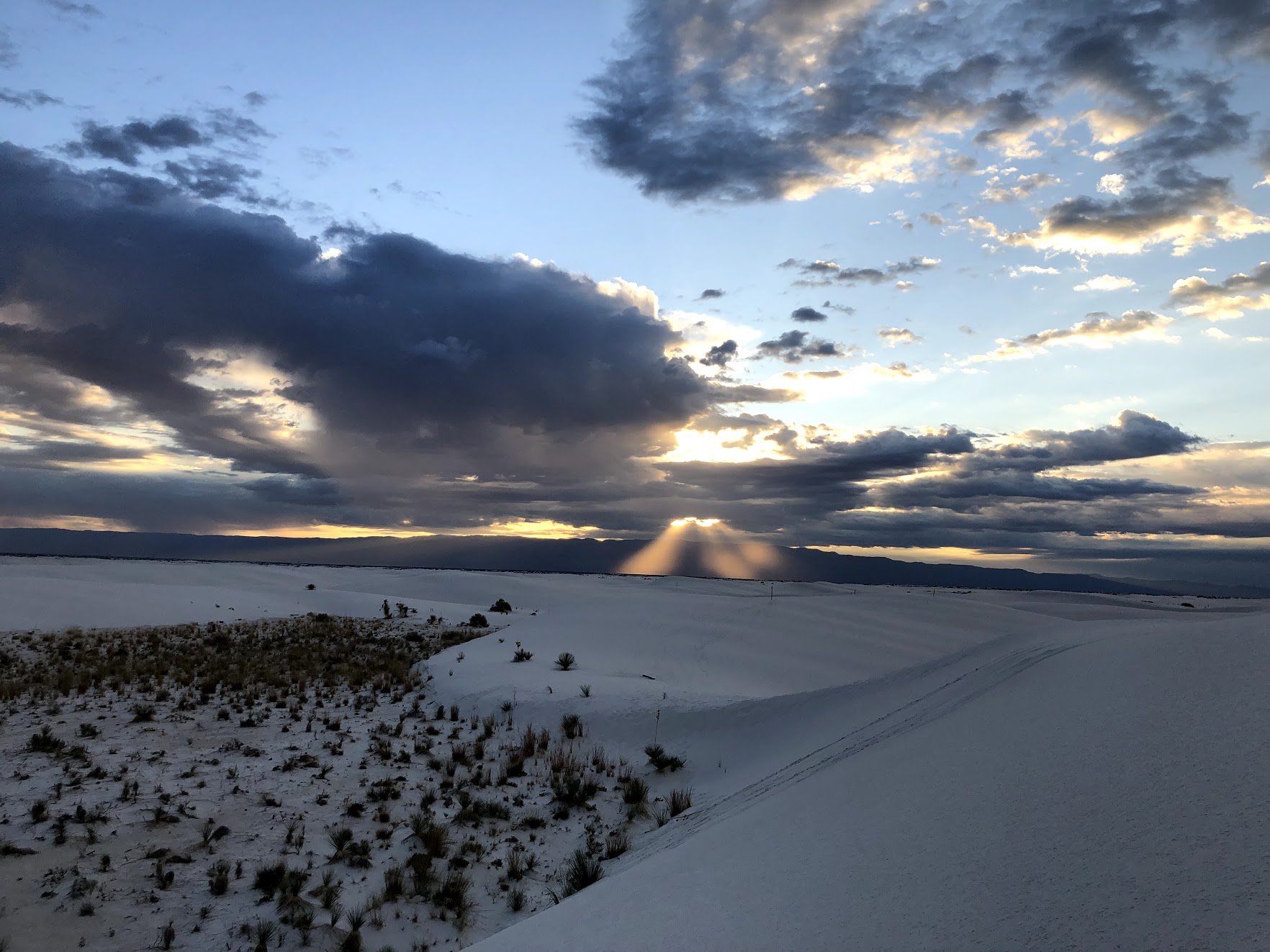Poetry Friday: Pastoral
October 04, 2019It’s Poetry Friday, and this month we wrote in the pastoral mode… my challenge choice! Here’s what The Making of a Poem: A Norton Anthology of Poetic Forms has to say about the pastoral:
The pastoral is central to poetry. In a simplified definition, it is that mode of poetry that sought to imitate and celebrate the virtues of rural life. […] By the end of the sixteenth century, and the start of the seventeenth, the pastoral convention had become one of the true intellectual engines of poetry. On the surface, it appeared to be about an ornamental and sometimes fictional view of the rural and bucolic life. But huge questions lurked below that clear surface. In the pastoral mode poets could experiment with these questions, some of which verged on a philosophical subversion of traditional religious themes in poetry. Was man made for nature or nature for man? Was the natural world to enter the poem as a realistic object or as a fictive projection of inner feelings? Would the natural world always enter the poem shadowed by the religious myths of the Garden of Eden and man’s fall?
The anthology has some wonderful examples, including your Marlowe and your Wordsworth and Keats, but also Philip Larkin, Derek Walcott, Galway Kinnell, Mary Oliver, and Jane Kenyon.
Anyway, my poem is probably the least pastoral of our group, but I enjoyed writing it.

Desert pastoral
Minutes hatless and you’ll sunburn, after the storm— Dirt dries in seconds, puddles vanish like sun behind mountains, like stars at dawn. The day’s heat dies. And the bobcat you pulled over to see was gone in the grass before you stopped. So if the pink light on the neighbor’s house at sunset still makes you stop and shout, spatula in hand—Look! Now! Before it’s gone! I won’t blame you. Keep crying for what dries up and passes by.
Please visit my sister shepherdesses and read their pastoral poems!
Poetry Friday is hosted this month by Library Matters.